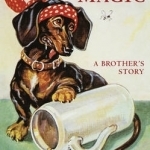
Animal Magic: A Brother's Story
Book
'Your brother looked healthy, happy, natural. But everything else about him is extremely odd. Not...
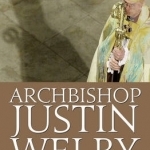
Archbishop Justin Welby: Risk-taker and Reconciler
Book
When the search for a new Archbishop of Canterbury began, Justin Welby had been a bishop for only...
Back to the Boy
Book
'The thought behind this book is not just me wanting to tell my story in the standard...
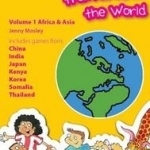
Pocket Playground Games from Around the World: 1
Book
The traditions and traits of different cultures are often reflected through the games that children...
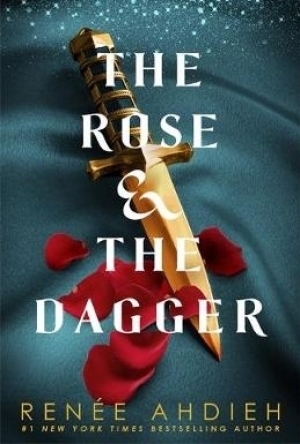
The Rose and the Dagger
Book
The much anticipated sequel to the breathtaking New York Times bestseller THE WRATH AND THE DAWN. I...

Where's Spot?
Book
In Eric Hill's classic Where's Spot? lift the flaps to find Spot! In Spot's first adventure children...
Managing School Absenteeism at Multiple Tiers: An Evidence-Based and Practical Guide for Professionals
Book
School absenteeism is a pervasive and difficult problem faced by mental health and school-based...
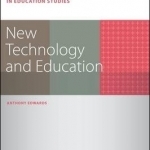
New Technology and Education
Book
This title offers an engaging look at the debates surrounding the benefits and dangers of the...

Outdoor Learning Through the Seasons: An Essential Guide for the Early Years
Book
Outdoor play experiences have a crucial role in young children's learning and development and should...
The Datafication of Primary and Early Years Education: Playing with Numbers
Alice Bradbury and Guy Roberts-Holmes
Book
The Datafication of Primary and Early Years Education explores and critically analyses the growing...
